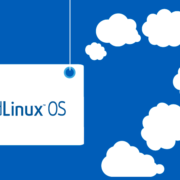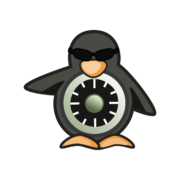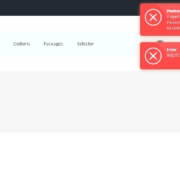Cloudlinux saving common php settings permanently for all installed versions
When you update cloudlinux,it also will be updated the php.ini files.Therefore you will lost your customized php settings like disable_functions.You can write some of yours into common settings file instead of editing php.ini’s directly.
Login to your cloudlinux and change directory to /etc/cl.selector/
You will see the file named global_php.ini.It is effective for your all installed alt-php* versions.Please open it by your favorite editor like nano or vi.
Sample global_php.ini with applied disable_functions directive
; This file provides global settings for php.ini of all alt-php packages
; The structure of this file:
; option = value
; To confirm changes (not affecting “date.timezone” and “error_log” options) please run:
; /usr/sbin/cagefsctl –setup-cl-selector
; To confirm changes (including “date.timezone” and “error_log” options) please run:
; /usr/bin/selectorctl –apply-global-php-ini
; or
; /usr/sbin/cagefsctl –apply-global-php-ini
; If you don’t want to change error_log, but want to change date.timezone, you can execute
; selectorctl –apply-global-php-ini date.timezone
; Similarly, command
; selectorctl –apply-global-php-ini error_log
; applies error_log and all other options specified in /etc/cl.selector/global_php.ini file, except date.timezone.
; So, you can specify 0, 1 or 2 parameters from the list: error_log, date.timezone
; using –apply-global-php-ini without arguments applies all global php options including two above
; Example:
; selectorctl –apply-global-php-ini error_log
; selectorctl –apply-global-php-ini date.timezone
; selectorctl –apply-global-php-ini date.timezone error_log
; The latter command has the same effect as /usr/bin/selectorctl –apply-global-php-ini
[Global PHP Settings]
disable_functions= proc_open,escapeshellcmd,escapeshellarg, show_source,
posix_mkfifo, ini_restore, mysql_list_dbs, get_current_user, getmyuid,pconnect, link, symlink, fin, exec, fileread, shell_exec, pcntl_exec, leak, apache_child_terminate, ch
own, posix_kill, posix_setpgid, posix_setsid, posix_setuid, proc_terminate, syslog, fpassthru, execute, shell, chgrp, stream_select, passthru, socket_select, socket_create,
socket_create_listen, socket_create_pair, socket_listen, socket_accept, socket_bind, socket_strerror, pcntl_fork, pcntl_signal, pcntl_waitpid, pcntl_wexitstatus, pcntl_wif
exited, pcntl_wifsignaled, pcntl_wifstopped, pcntl_wstopsig, pcntl_wtermsig, openlog, apache_get_modules, apache_get_version, apache_getenv, apache_note, apache_setenv, vir
tual, eval, allow_url_fopen, pconnect, p_connect,posix_getpwuid,fileowner,sym
You should write your own directives down the global php settins tag in same syntax of standart php.ini [Global PHP Settings]
After then save and close the editor and apply it by this command
[root@srv ~]# selectorctl –apply-global-php-ini





 Linux Support Here
Linux Support Here